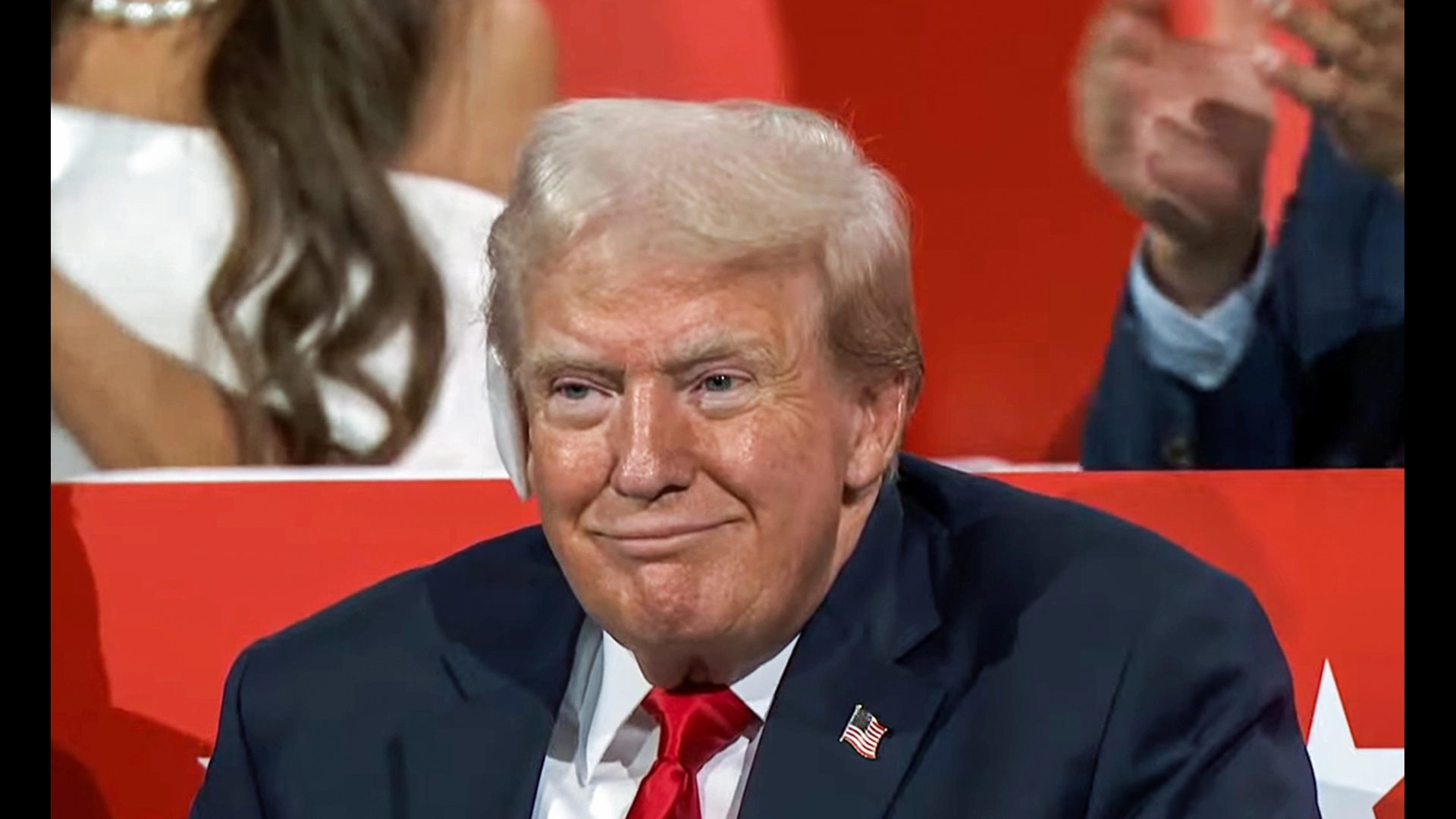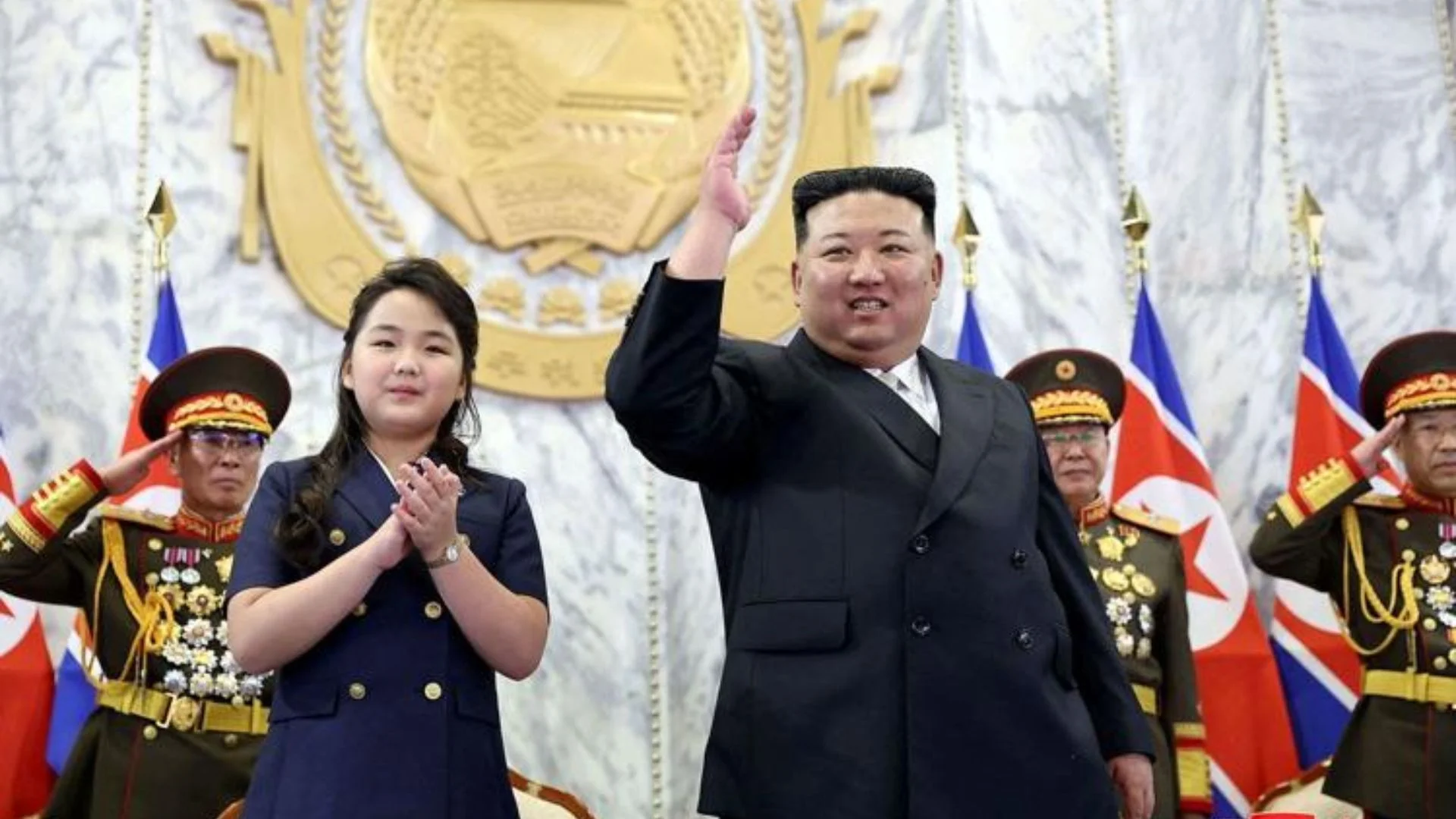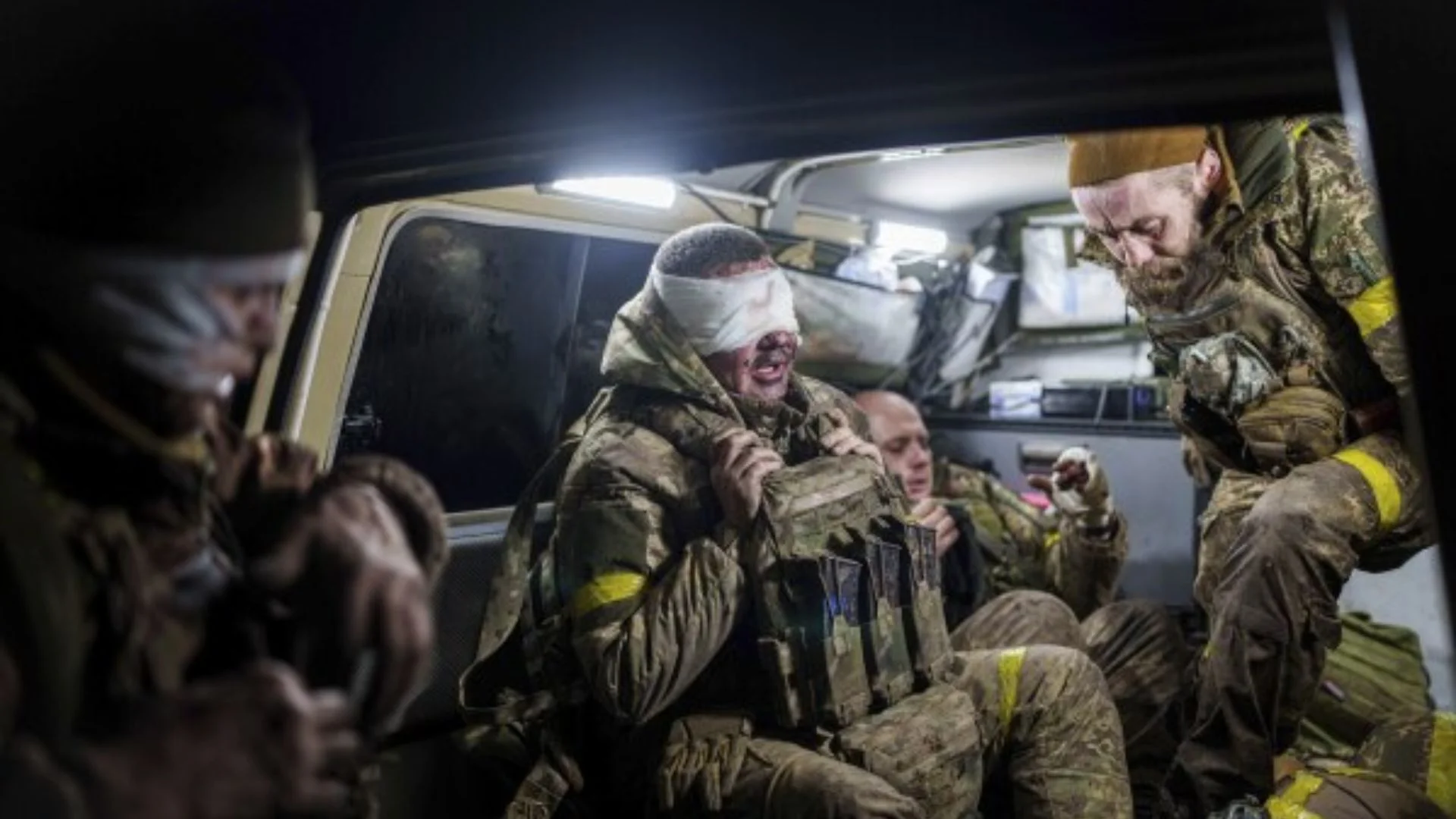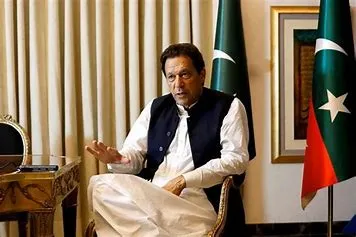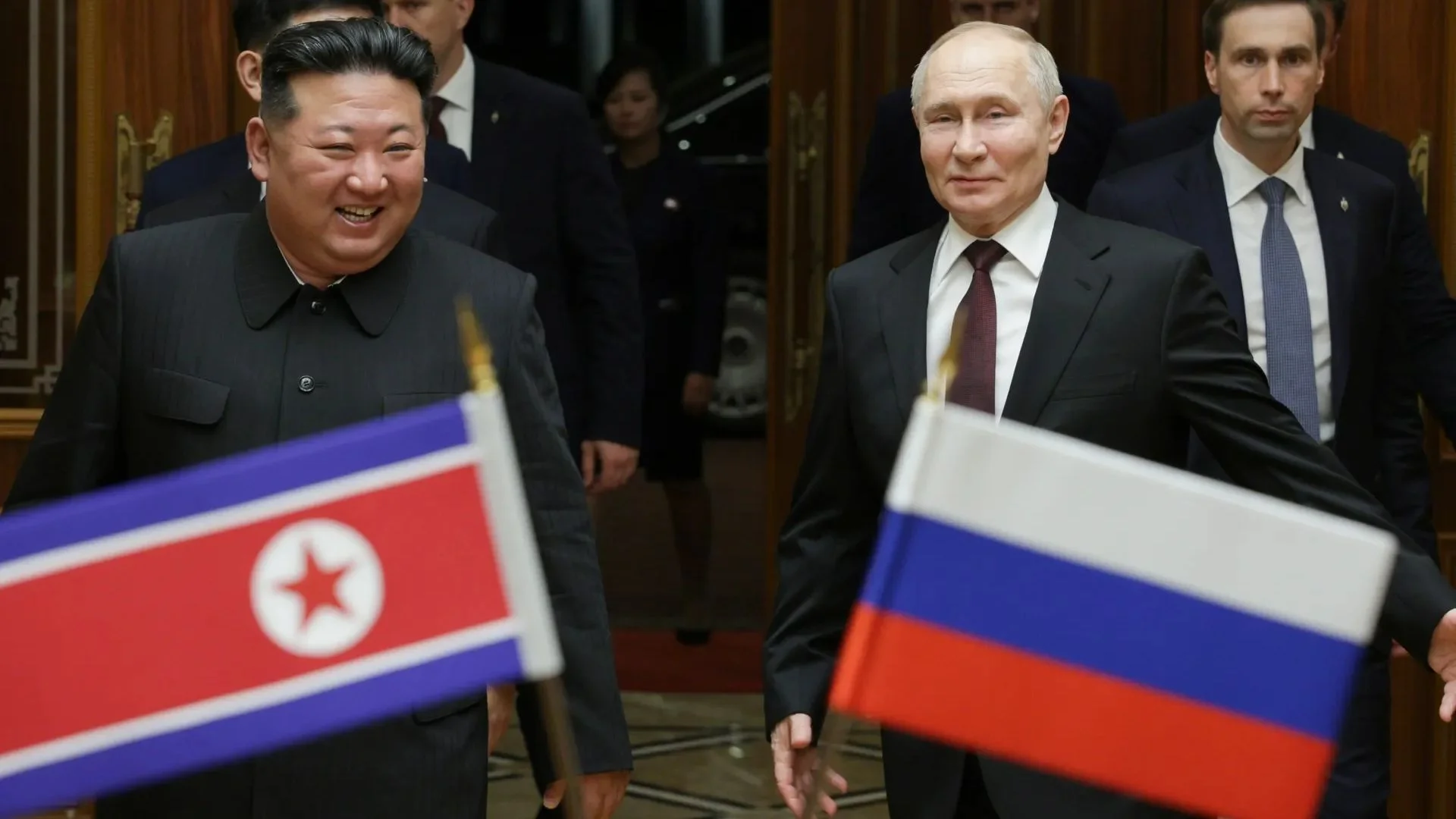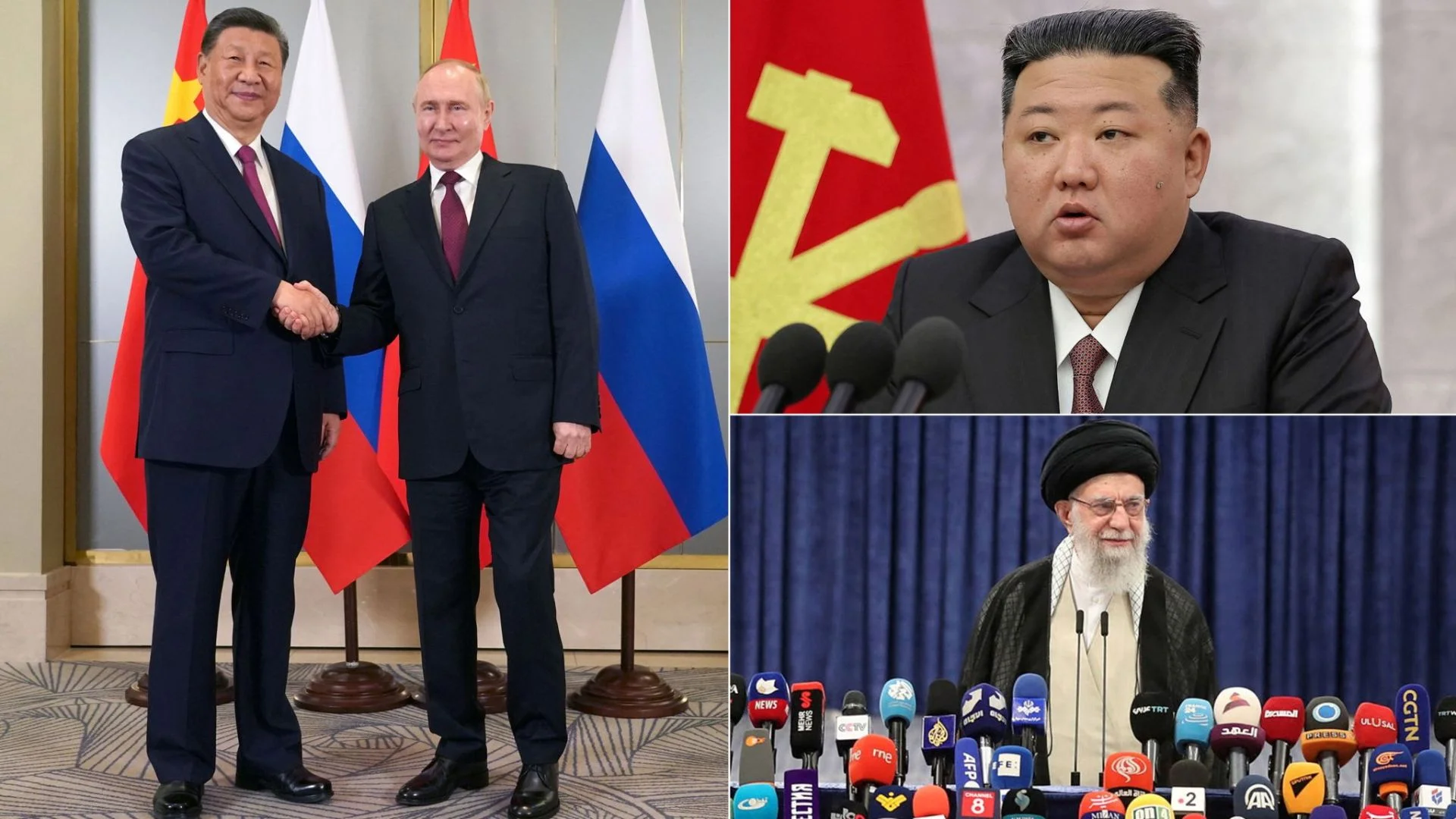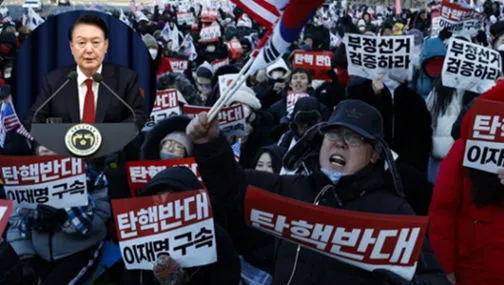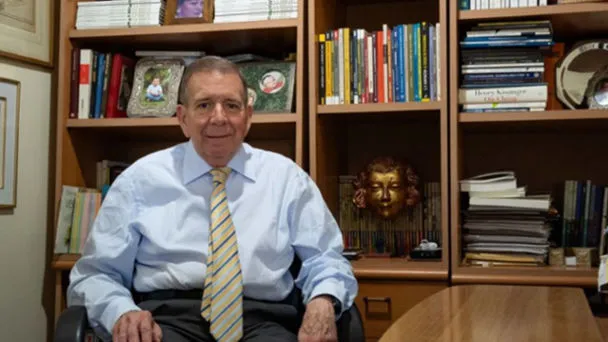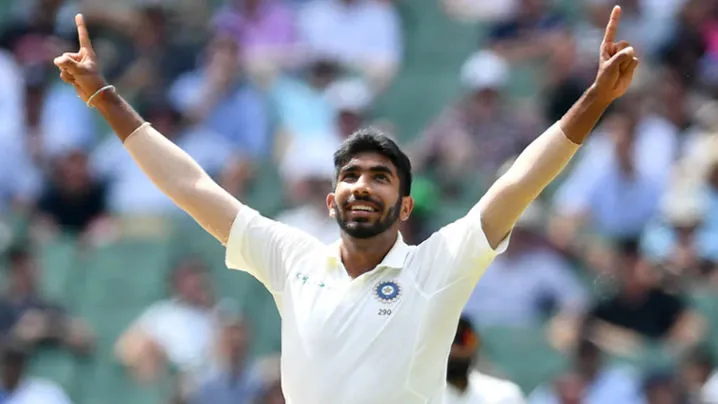A Manhattan judge has decided to postpone the sentencing of former U.S. President Donald Trump in the hush money case until after the 2024 presidential election. The sentencing, initially scheduled for September 18, has been rescheduled to November 26, several weeks after the final votes are cast in the presidential election. Judge Juan M. Merchan, who is presiding over the case, is also reviewing a defense request to overturn the verdict on the grounds of presidential immunity.
Defense’s Argument: Election Interference
Trump’s legal team argued that proceeding with the sentencing during his campaign for the presidency could be seen as election interference. According to his lawyers, delaying the sentencing until after the election would give Trump the necessary time to assess his next legal steps, especially in light of Judge Merchan’s forthcoming decision on whether to reverse the conviction. The defense is basing this request on a U.S. Supreme Court ruling from July, which deals with presidential immunity.
Trump’s lawyers are advocating for Merchan to reverse the conviction on immunity grounds, pointing to the Supreme Court’s decision as a precedent. If Merchan rejects this request, the team believes the delayed sentencing will still allow time for further legal actions, potentially including an appeal or new defense strategies.
Federal Court Intervention Request
Earlier, on August 29, Trump’s legal team sought the intervention of a federal court in the hush money case. Trump was convicted of all 34 counts of falsifying business records, charges related to a hush money payment made to an adult film actress, Stormy Daniels, before the 2016 election. His legal team requested that the federal court in Manhattan take over the case from the state court, arguing that the prosecution violated Trump’s constitutional rights.
The defense further claimed that the case, as handled by the state court, was in conflict with the U.S. Supreme Court’s recent ruling on presidential immunity. They contended that moving the case to federal court would provide Trump with an “unbiased forum, free from local hostilities,” where these constitutional concerns could be addressed.
What Is the Hush Money Case?
The hush money case stems from accusations that Donald Trump falsified business records to hide a payment made to adult film actress Stormy Daniels ahead of the 2016 presidential election. A Manhattan jury found Trump guilty of falsifying these records, which covered up a $130,000 payment made by his former lawyer, Michael Cohen. The payment was intended to keep Daniels quiet about an alleged sexual encounter with Trump in 2006, just before the 2016 election, where Trump won against Hillary Clinton.
Michael Cohen, Trump’s former lawyer, made the payment to Daniels and was later reimbursed by Trump. Trump’s company falsely logged these reimbursements as legal expenses, which formed the basis of the 34 counts of falsifying business records. The payments and the subsequent falsification were seen as efforts to suppress damaging information during the 2016 election campaign.
Also read: Colin Gray: Father of 14-Year-Old Georgia School Shooting Suspect Arrested
The case is significant not only because of Trump’s conviction but also due to the broader legal and political implications as he campaigns for the 2024 presidential election. Trump’s defense team continues to pursue legal avenues to overturn the conviction or at least delay the consequences until after the election.
By postponing the sentencing, the court has temporarily relieved Trump of the immediate legal repercussions, allowing him to focus on his presidential campaign while legal battles continue.

